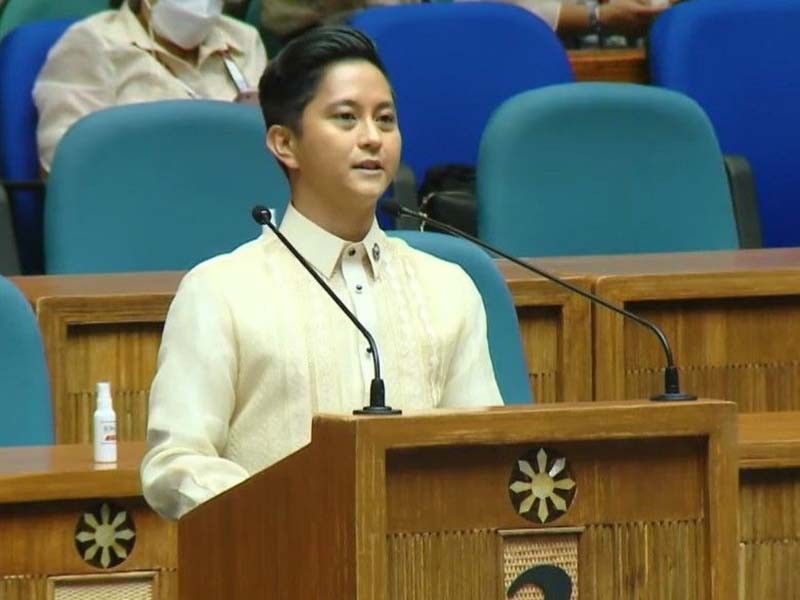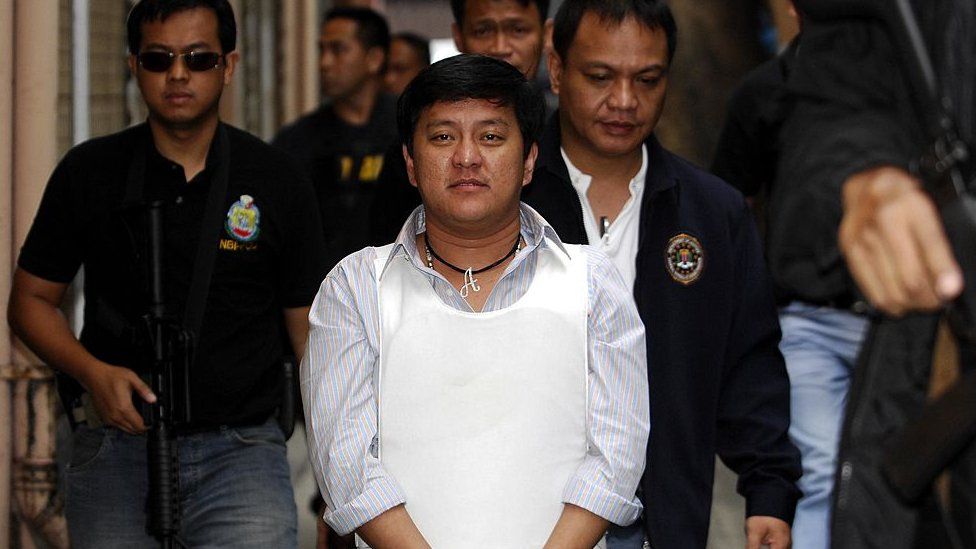Political Dynasties are alive and well in PH
Marcoses. Villars. Estradas. Dutertes. Cayetanos. Aquinos.
It seems we may never see an election without any of those names on our ballots. Some families have been in the public office as if it’s a business, a definite career path, or destiny, with one member passing on the throne to another.
This “tradition” sees no end in the current administration. Sandro Marcos, son of President Ferdinand “Bong bong” Marcos Jr, was elected as “senior” deputy majority leader at 28.
This is not to say that the younger Marcos does not deserve his position just because he is young, as he is equipped with the education and is seen as an effective speaker.

However, Sandro is also a neophyte congressman who nabbed a top spot in the House. As Kabataan Partylist representative Raoul Manuel puts it, “No one could deny that him beng the Presidential son became a factor for him to get the position as ‘senior’ leader in the House of Representatives.”
A family affair
Meanwhile, Sandro nominated his mentor and uncle, Leyte’s Ferdinand Martin Romualdez, Speaker of the House of Representatives, saying that no one is as qualified as Romualdez for the position. Not to forget that his aunt, Senator Imee Marcos, is still serving her term in the Senate.

This is not to say that every product of a political dynasty supports nepotism. Some discourage the “tradition,” such as Vico Sotto.
The Pasig City mayor has made it known that he would discourage any family member from running after him for office. Sotto said, “Let’s find young leaders. Let’s find those next generation leaders who will be better than me and better than the leaders we already had here in Pasig.”
Sotto himself toppled a dynasty when he won against re-electionist Bobby Eusebio in 2019, ending the Eusebio clan’s 27-year-rule.
Popularity contest
Another politician that denounces political dynasties despite coming from a political clan is JV Ejercito. In a conversation with CNN’s The Source, Ejercito shares that he supports the anti-political dynasty bill.
“With more than 100 million Filipinos, there are a lot more people who also want to serve and are also capable,” says JV, who shares Senate seats with his half-brother, Jinggoy Estrada. Aside from the pair, Cayetano siblings Alan Peter and Pia are both senators, while Cynthia and Mark Villar occupy as mother and son.
The nasty in a political dynasty
It is no secret that many of these clans have been in power, especially in the local setting, for decades. Some have earned national controversies, such as the Ampatuans and the Maguindanao massacre. In 2019, the tragedy resurfaced after the clan was found guilty on the count of 57 murders more than a decade later.
The Ampatuans have been an influential family in Maguindanao since the 60s. The massacre naturally opened conversations on the necessity of a bill that would hamper political dynasties.

According to Senator Franklin Drilon, who pushed to bring back the Anti-Political Dynasty bill in the 18th congress, “political dynasty persists, and so does poverty.” Research and data show that rural areas dominated by a single family sharing power experience poverty.
For example, according to 2012 government estimates in Northern Samar, half of the population is poor. They have been governed by the Ong family, which the AIM Policy Center refers to as a “Fat Dynasty,” or a family with several elected positions in one area simultaneously.
Drilon also cites situations in provinces such as Lanao Del Sur, Maguindanao and Sulu.
Areas monopolized by one clan for decades are often in poverty. And while it’s easy to blame voters, people are rarely given a choice. Candidates either come from the same family or another political clan.
Drilon supports this by adding, “a lack of real political competition leads to flawed policies.” Flawed policies, in turn, hurt the local living standards of residents.
Political dynasties aren’t simply a byproduct of proper voter education. No explicit provision in the constitution dictates that families shouldn’t have a monopoly of power. We need one that would help mitigate poverty and help our country advance.
The post <b> Political Dynasties are alive and well in PH </b> appeared first on WE THE PVBLIC.
Source: we the pvblic
No comments